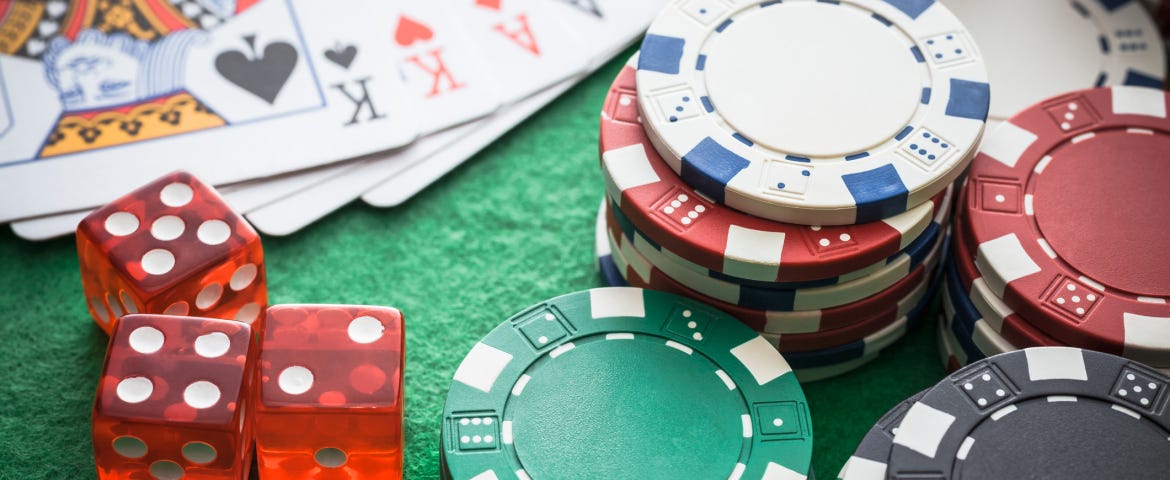Gambling Probability Problems
- Find out the important facts you should know before starting to gamble. We address the commonly held misconceptions and bring you the truth.
- If you answer yes to ONE of these statements, you may have a gambling problem. → I am having problems with my friends and family because of gambling.
If you feel your gambling is becoming a problem, please contact us so we can discuss establishing self-imposed limits or a possible account closure.
Gambling addiction is sometimes referred to as the 'hidden illness' because there are no obvious physical signs or symptoms like there are in drug or alcohol addiction. Problem gamblers typically deny or minimize the problem. They also go to great lengths to hide their gambling. For example, problem gamblers often withdraw from their loved ones, sneak around, and lie about where they’ve been and what they’ve been up to.
Info on Problem Gambling and recommended helplines. International access for user from a wide range of countries. Learn more about probability so that you are better able to make informed choices.
Signs of compulsive gambling may include:
- Inability to stop or reduce gambling.
- Obsessive or compulsive thinking about about gambling.
- Continued gambling despite negative consequences: loss of job, relationship, or opportunities.
- Increased tolerance; needing larger or more frequent wagers to experience the same 'rush'.
- Emotional symptoms of withdrawal when you stop or reduce gambling (irritation, restlessness).
- Needing to gamble to improve your mood, escape problems, win back losses.
- Breaking the law in order to get gambling money or recover gambling losses (stealing, fraud,).
- Asking for financial assistance as a result of gambling.
- Denial of a gambling problem or lying to friends or family about behavior.
- Frequent changes of mood.
Myths & Facts about Gambling Addiction and Problem Gambling
MYTH: You have to gamble every day to be a problem gambler.
FACT: A problem gambler may gamble frequently or infrequently. Gambling is a problem if it causes problems.
Gambling Probability Problems
MYTH: Problem gambling is not really a problem if the gambler can afford it.
FACT: Problems caused by excessive gambling are not just financial. Too much time spent on gambling can lead to relationship breakdown and loss of important friendships.
MYTH: Partners of problem gamblers often drive problem gamblers to gamble.
FACT: Problem gamblers often rationalize their behavior. Blaming others is one way to avoid taking responsibility for their actions, including what is needed to overcome the problem.
MYTH: If a problem gambler builds up a debt, you should help them take care of it.
FACT: Quick fix solutions may appear to be the right thing to do. However, bailing the gambler out of debt may actually make matters worse by enabling gambling problems to continue.
How do you know if someone has an issue with gambling?
Gambling Probability Problems Involving

People gamble for many reasons - for excitement, the thrill of winning or to be social. Gambling becomes an issue when it causes harm to the gambler and those close to them. Usually this means they are spending more money or time on gambling than they can afford.

Try answering the following questions honestly. If you answer 'yes' to more than one question, chances are, gambling may be a problem:

- Have I ever lied about my gambling or lied to get money for it?
- Do I spend more than I can afford on gambling?
- When I lose money, do I want to gamble more to win back my losses?
- Is gambling an escape from the stress and worries in my life?
- Have I ever missed school, college or work to gamble?
- Do I think about gambling when I should be doing other things?
Click here to take a test to see if gambling is a problem for you.
Understanding 'Gambler's Fallacy'

It is believed, in part, be influenced by the gambler's own erroneous beliefs about the nature of probability. If one approaches gambling with the intent of winning and they initially end up losing, the only way for them to break even or win in the long run is to keep playing.
Problem gamblers have the erroneous belief that if they keep playing, they will eventually win. While it is logically correct to say that more trials of a probabilistic event increase the likelihood of the event occurring at least once, some hold the fallacious belief that previous failures influence the likelihood of future successes. If individual incidences of probabilistic events are independent of each other, then this belief is incorrect. To hold such a belief is to commit the gambler’s fallacy.